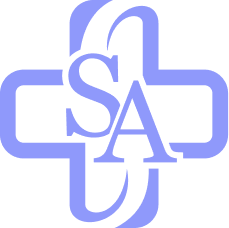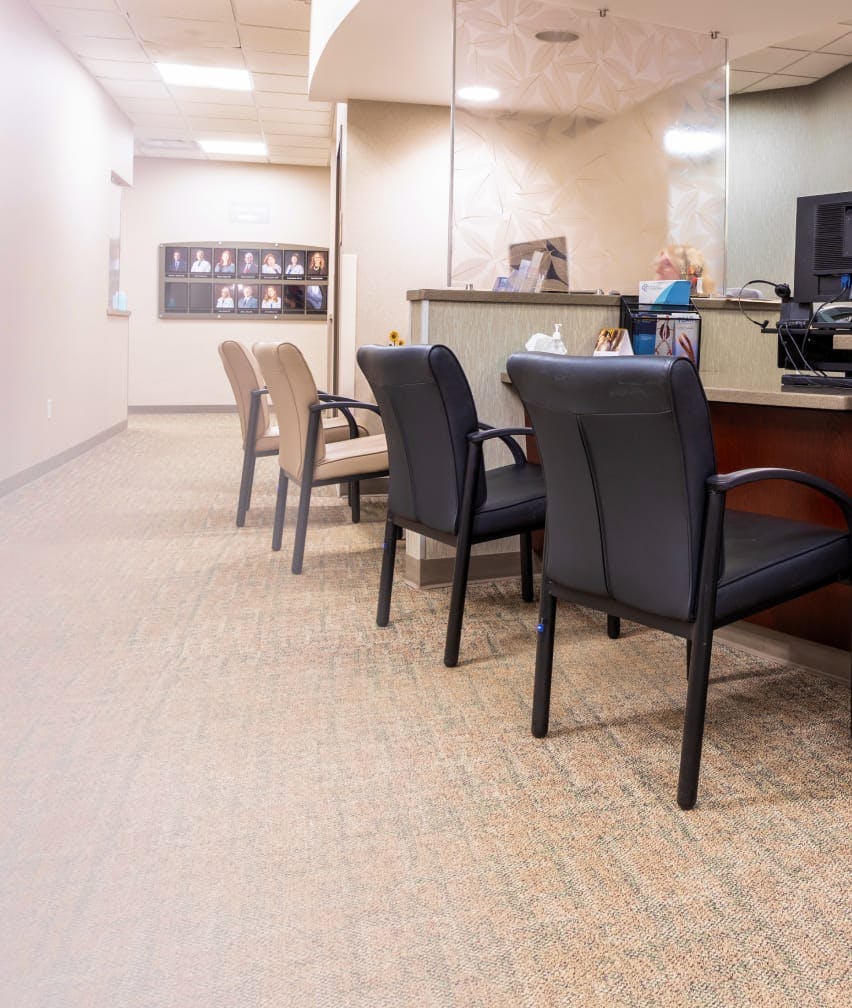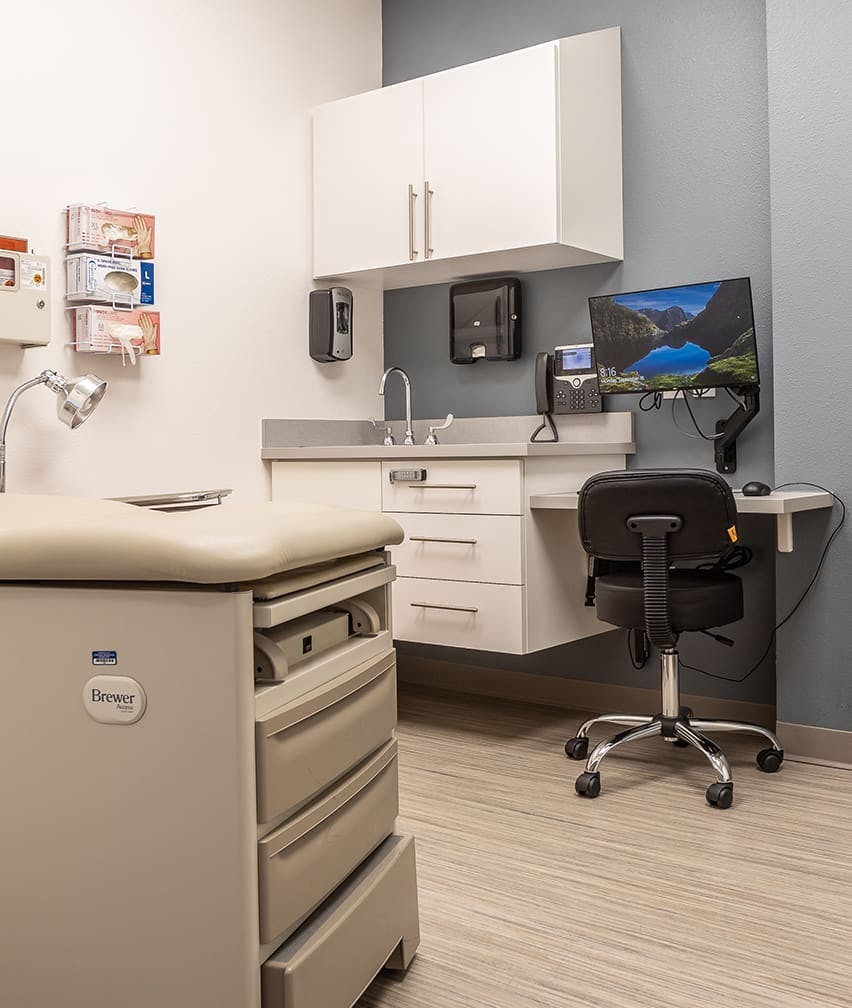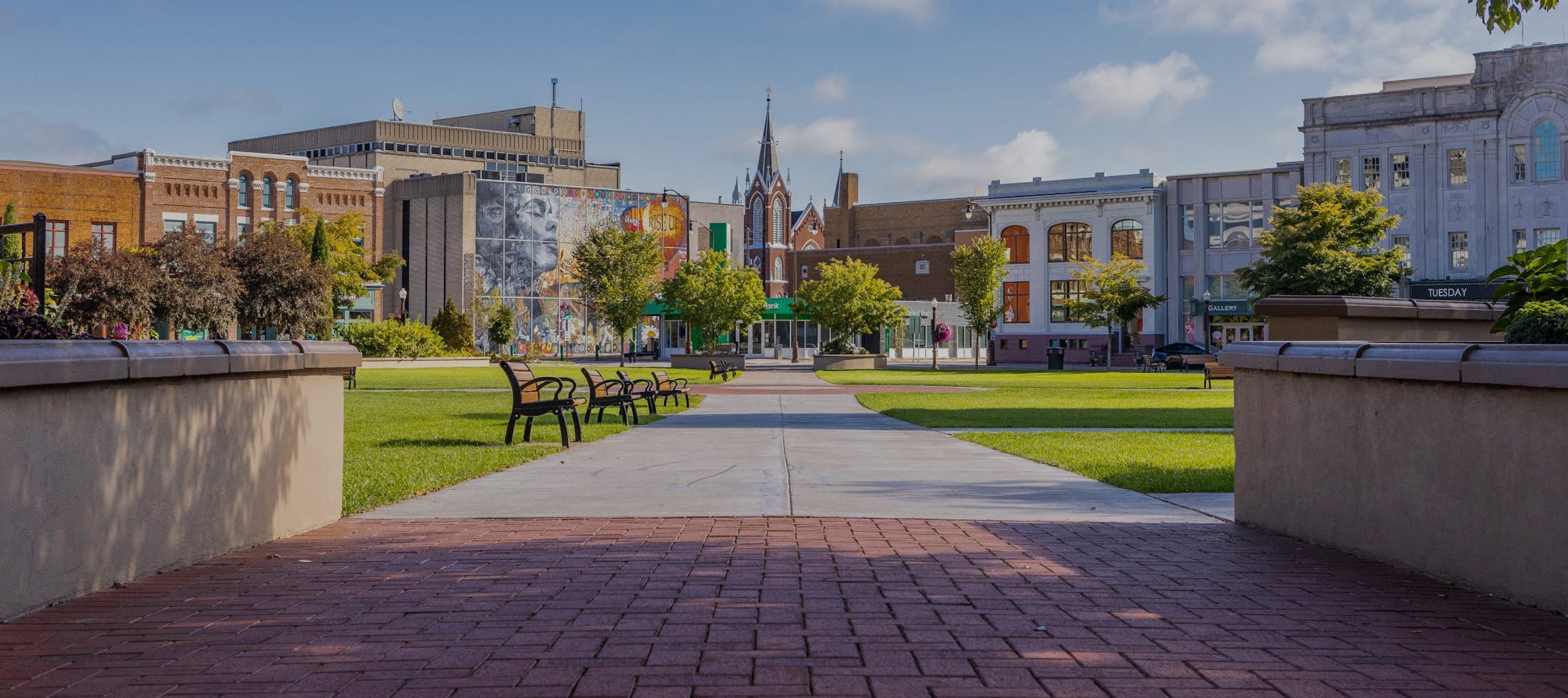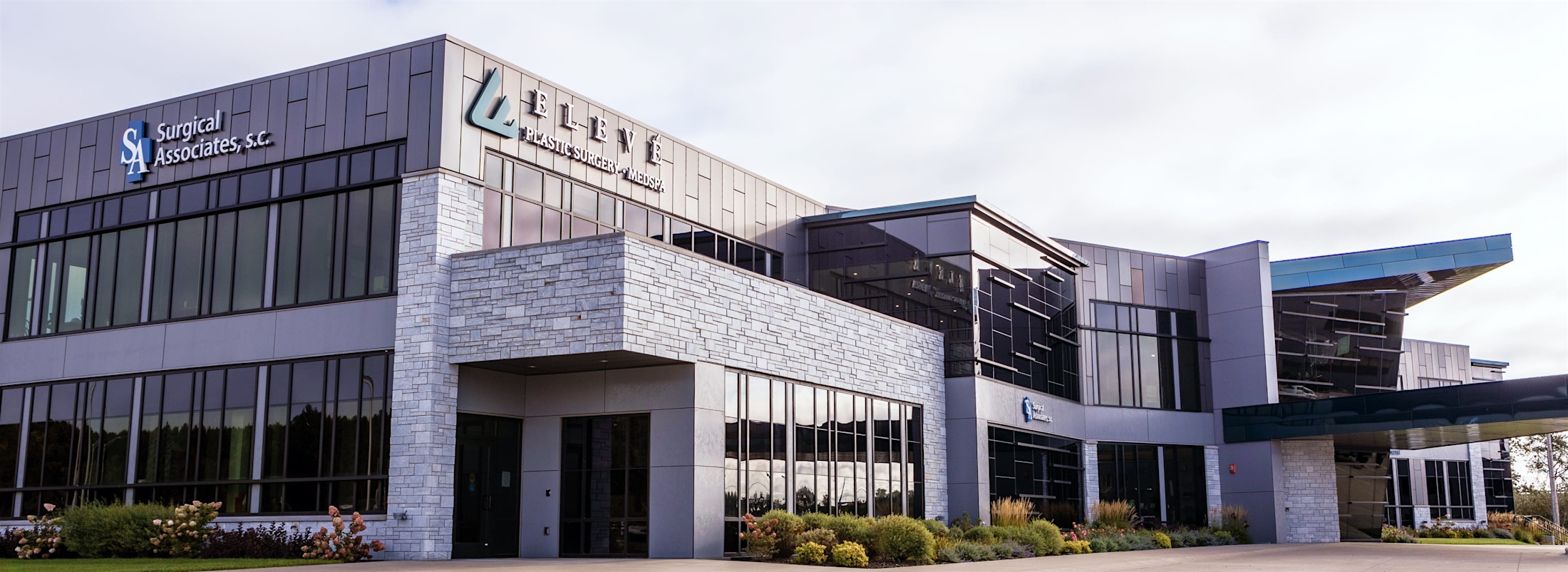At Surgical Associates, we understand that undergoing thyroid surgery can be a significant event in your life. Our team, led by Dr. Robert T. Brebrick and Dr. Jeremy Olson, is dedicated to ensuring that your experience is as smooth and stress-free as possible.
What Thyroid Conditions Require Surgical Intervention?
Some thyroid conditions that require surgery include overactive thyroid glands (hyperthyroidism), overactive parathyroid glands (hyperparathyroidism), enlarged thyroid glands (goiters), and cancerous and benign thyroid nodules (thyroid nodule surgery). Surgical Associates’ surgeons and staff are highly proficient in all procedures related to these conditions.


